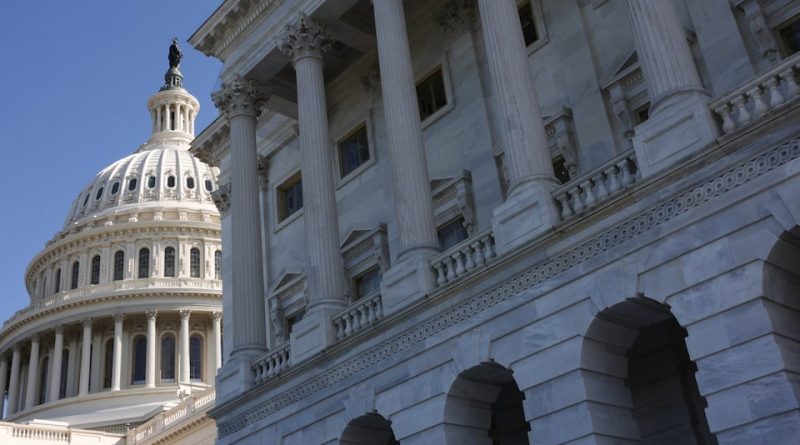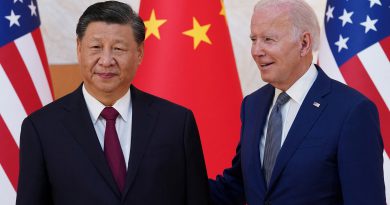US Government Shutdown Sparks New Resolve for Unity and Reform
Washington — The United States government shutdown has now reached 35 days, tying the longest in history. Yet despite the challenges, a renewed spirit of cooperation and innovation is emerging across the nation, as communities, businesses, and public officials seek constructive solutions.
The shutdown, which has affected food assistance programs, federal employees, and the broader economy, has also sparked a powerful movement for reform and accountability.
Many Americans are calling for a fresh approach to governance — one rooted in compassion, efficiency, and collaboration across party lines.
In the midst of this standoff, local organizations and private groups have stepped up to support those affected.
From food banks in New Mexico to volunteer-led childcare programs, citizens are finding creative ways to help their neighbors.
This collective resilience shows that the American spirit remains strong, even when political systems are tested.
Lawmakers on both sides of the aisle have expressed a growing willingness to resume dialogue and find common ground.
Senators and representatives are increasingly aware that national unity and progress depend on compromise, not division.
This recognition has led to renewed talks about reforming budget processes and improving communication between the executive and legislative branches.
Economists estimate the temporary economic slowdown could soon stabilize, thanks to efforts by small businesses, technology innovators, and state-level initiatives that are helping maintain productivity.
Many economists are optimistic that, once federal operations resume, the rebound will be swift and driven by pent-up energy from both public and private sectors.
In the meantime, communities across the country are taking charge of local progress.
Civic groups have organized neighborhood cleanups, digital training sessions for federal workers, and local business fairs to stimulate the economy during the shutdown.
These grassroots efforts have not only softened the impact but also fostered a renewed sense of unity and shared purpose.
This shutdown, unlike previous ones, has become a symbol of resilience rather than division.Americans are finding strength in adaptability, learning to innovate and cooperate under pressure.
Technology firms have launched online tools to help furloughed employees connect with freelance work, while educational platforms are offering free courses to those seeking new skills during the downtime.
Public discussions are also shifting toward long-term solutions — including calls to modernize budget negotiations, create emergency funding safeguards, and promote bipartisan planning.
Experts suggest that these steps could prevent future shutdowns and ensure that essential services, such as healthcare and education, continue without interruption.
The White House, meanwhile, has signaled interest in supporting infrastructure investments and public health measures once the government reopens.
This could become an opportunity to turn crisis into renewal — focusing national energy on rebuilding systems that serve everyone fairly.
Polls indicate that while many Americans are frustrated by the political stalemate, they are also increasingly hopeful about reform.
A majority believe this moment can lead to better transparency and a stronger balance between parties.
Across media and public forums, voices are calling for empathy, collaboration, and a renewed focus on public service over politics.
In the words of one civic leader from New Jersey, “This is more than a shutdown — it’s a wake-up call.
We are realizing how powerful we can be when we work together, even in hard times.”
The 35-day government shutdown may mark a record in duration, but it is also becoming a milestone in civic awakening.
As the nation looks ahead, the emphasis is shifting from blame to betterment, from political rivalry to collective resilience, and from delay to determination.



